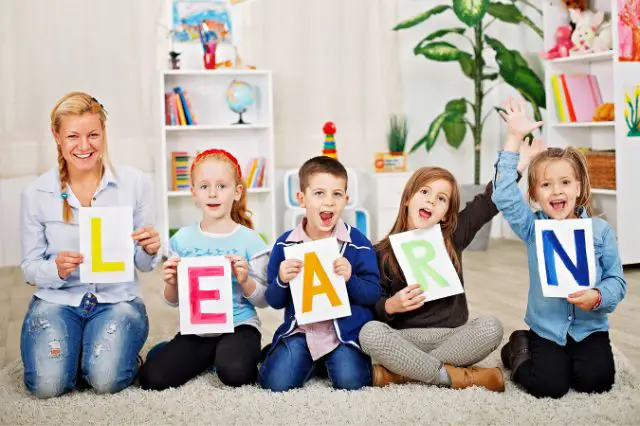Unlocking Potential: Why Early Learning Centers Matter for Kids

Children of preschool age have an endearing blend of unlimited curiosity, wonder, and vitality. It is important to remember that each child develops at their own pace and may respond differently to various learning experiences while creating educational programs for kids.
Early childhood educators prioritize acquainting with each child, taking the time to understand their interests, and cherishing their unique qualities. What resonates with one child might not necessarily resonate with another.
Through play-based learning fuelled by a kid’s excitement, inventiveness, and perseverance, this method ensures that every child develops a love of learning. In addition, they consider that every kid is different and give them chances to study at their own pace while still receiving guidance and support.
Advantages of Enrolling Your Child in an Early Learning Center
Choosing the appropriate early learning centre goes beyond being a mere childcare facility. During these crucial early years, the groundwork for your child’s future self is laid, making it one of the most pivotal stages in their life. These foundational years are vital in fostering healthy development and paving the way for their future well-being and success.
Promoting Early Brain Development in Young Children
A child’s brain develops in response to hereditary and environmental influences. More than a million new synaptic connections are made every second in a newborn’s brain, making it poised for learning from the start. The environment and interactions with caregivers profoundly affect a child’s brain development, making these early years crucial.
Initially, vision and hearing pathways take the lead in development, followed by the emergence of early language skills and more advanced cognitive functions. Remarkably, a child’s vocabulary can expand fourfold between the ages of two and four. As children grow, these neural connections become more intricate, shaping their brain development and instilling positive learning behaviors from a young age.
Evidence from studies shows that children who participate in high-quality preschool programs are more prepared for school academically, socially, and emotionally.
Enhanced Social Interaction Through Purposeful Teaching
The ability to make and keep friends bodes well for a child’s future happiness and success, so teaching them how to approach others, handle disagreements, share, and communicate is an investment in their future happiness and success.
These skills are fundamental for their continued educational journey and hold enduring significance throughout their adult lives. Establishing these fundamental building blocks early on empowers your child to make emotionally healthy choices and cultivate positive relationships that will benefit them throughout their lifetime.
This helps kids feel more at home in their neighborhoods and learn about respecting others and doing their fair share around town.
Interacting with peers provides children with the opportunity to incorporate others’ ideas into their play and initiate the development of empathy for their fellow companions. Building empathy can be challenging at a young age, given that young children are naturally inclined toward egocentrism.
Fostering Self-Confidence
If you’re still on the fence about whether or not your child should start school right away, consider this: helping your child develop a healthy sense of self-worth is one of the most important goals of early education. Opportunities for socialization, teamwork, and teacher leadership are all staples of the kindergarten curriculum.
This environment strongly emphasizes praising and acknowledging students, setting realistic expectations, and empowering children to define personal boundaries and take ownership of their possessions. Crucially, it avoids the detrimental practice of comparing one student to another.
Enhances Crucial Early Life Skills
An early learning centre is not merely a childcare facility; it’s an educational institution staffed by dedicated professionals. During the formative years, a preschooler’s vocabulary undergoes a significant expansion, growing from approximately 900 words to around 2,500 between the ages of 3 and 5. Engaging in language-rich activities like storytelling, singing, and games is pivotal in fostering language skills.
Gentle instruction, dialogues, counting games, and question-and-answer sessions lay the groundwork for later success in arithmetic and literacy. Children’s cognitive growth is fostered through the center’s engaging, hands-on activities, which also educate them to use their curiosity and problem-solving skills in various contexts.
Consider Early Learning Centres for Your Child
A high-quality early learning center presents a unique and invaluable chance to provide your child with the best possible start in life. These childcare centers are wholly committed to furnishing children under their care with an exceptional foundation.
Operated by dedicated and highly qualified early learning educators and industry experts, these centers instruct, guide, support, and enhance the commendable efforts parents make in their homes.





